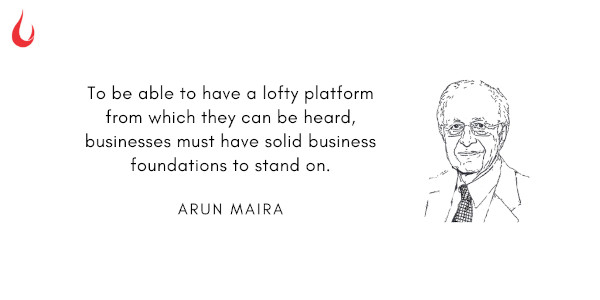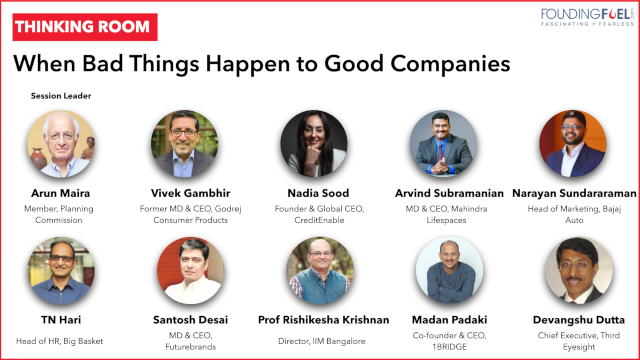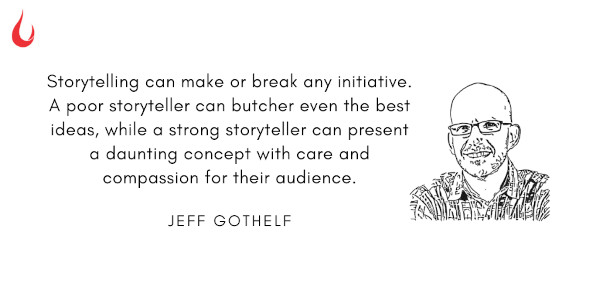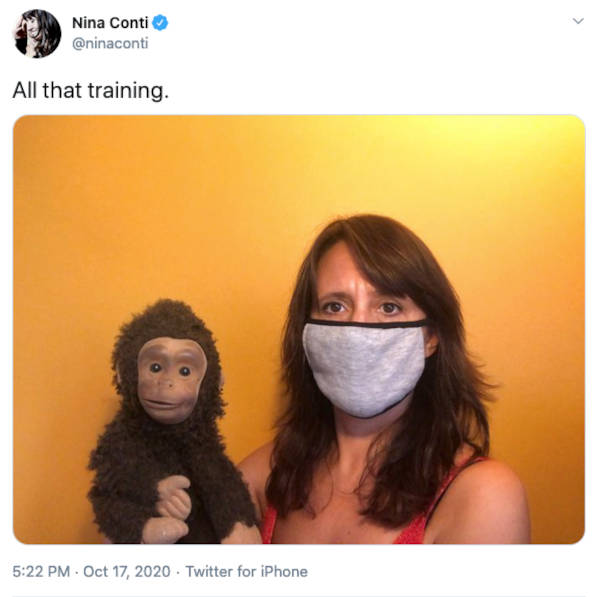[From Pixabay]
Good morning,
How much do we really need to live a good life? This question started right back upon revisiting the pages of Admissions: A Life in Brain Surgery by Henry Marsh. There is much he offers to think about.
In the book, Marsh shares his experience working in a mental hospital years ago. He writes, “I was first sent to the so-called Rehabilitation Ward, where attempts were being made to prepare chronic schizophrenics who had been in the hospital for decades for life in community care outside the hospital. Some of them had become so institutionalized that they had to be taught how to use a knife and fork.”
Soon, Marsh got to know some of them as individuals. He writes, “I noticed how they would collect and treasure pebbles and twigs from the bleak hospital garden and keep them in their pockets. They had no other possessions. Psychologists talk of the ‘endowment effect’—that we are more concerned about losing things than gaining them. Once we own something, we are averse to losing it, even if we are offered something of greater value in exchange. The pebbles in the madmen’s pockets became more valuable than all the other pebbles in the hospital gardens simply by virtue of being owned.”
Then, turning the lens on himself, he continues, “It reminds me of the way that I have surrounded myself with books and pictures in my home, rarely look at them, but would certainly notice their absence. These poor madmen had lost everything—their families, their homes, their possessions, any kind of social life, perhaps their very sense of self. It often seems to me that happiness and possessions are like vitamins and health. Severe lack of vitamins makes us ill, but extra vitamins do not make us healthier.”
Notes of the kind that Marsh makes compel us to re-examine our priorities.
In this issue.
- The ladder of business responsibility
- How to make boring interesting
- When pandemic demolishes your USP
The ladder of business responsibility
Reflecting on Tanishq’s recent ad campaign—which started with a socially relevant message, and ended with them having to withdraw it due to an unfortunate series of events—Arun Maira offers a useful framework to think about the responsibility of businesses.

He writes: “Following the Gujarat riots, public discourse became very heated. The All India Management Association convened a meeting in Mumbai of business leaders along with civil society leaders and government functionaries. About 100 people participated. A rule was set for the meeting. There would be no partisanship, and no discussion about who had done wrong. The purpose of the meeting was to provide business leaders an occasion to reflect on the role of business in society. I was asked to facilitate the meeting. Deliberations in the meeting produced the concept of a ladder of business responsibility up which business leaders must climb.”
The ladder of business responsibility, in short, has these rungs.
- First, investors and lenders
- Second, direct participants in the business’s financial value creation process—customers, employees and vendors
- Third, the effect of business operations on the physical environment
- Fourth, the effect of the business’s products and processes on the lives of people
- Fifth, the political health of the societies in which businesses operate—human rights, fair democratic practices
Maira writes, “When business leaders climb to the top rung of the ladder, as Tatas always endeavoured to, they must make sure the bottom rungs remain strong too.”
Dig Deeper
It’s an important essay covering an important theme. Which is why, Founding Fuel is bringing together a fantastic group of leaders for our second edition of Thinking Room. It will dive into the issue of business responsibility and how to develop a framework to think about, based on real life experiences of the group. It will be led by Arun Maira, author, former chairman of Boston Consulting India, and former member, Planning Commission. It will be facilitated by Kavi Arasu.
The poster has the details of the participants.

We will record the session, and share it with you with a summary of the discussion in the coming days. Stay tuned.
How to make boring interesting
In a recent essay in Harvard Business Review, Jeff Gothelf, author and executive coach, shares a problem one of his clients faced. They wanted to implement a new goal setting framework, Objectives and Key Results, or OKRs, but it wasn’t met with enthusiasm.

Gothelf suggests business leaders use storytelling to convince and lead. He offers five tips to make your stories better, and one of them is to use personal anecdotes. Here’s how the communication on OKRs would look like if one were to ‘humanize’ one’s story with personal anecdotes.
“As some of you know, I enjoy skydiving. They say your mind goes blank when you jump out of an airplane, but last weekend, as I was stepping out of the door at 12,000 feet, it dawned on me that I had a clear objective: to maintain a work/life balance that reminds me regularly why both are important. And what were my key results? Well, at least one of them was to land 100% of my jumps without major injuries. As you can see, so far so good! This kind of clarity around our objectives is what I hope to achieve for our company with this new OKR framework.”
Dig Deeper
When pandemic demolishes your USP

(Via Twitter)
Tell us what you think and find noteworthy. Head over to our Slack channel.
And if you missed previous editions of this newsletter, they’re all archived here.
Bookmark Founding Fuel’s special section on Thriving in Volatile Times. All our stories on how individuals and businesses are responding to the pandemic until now are posted there.
Warm regards,
Team Founding Fuel

